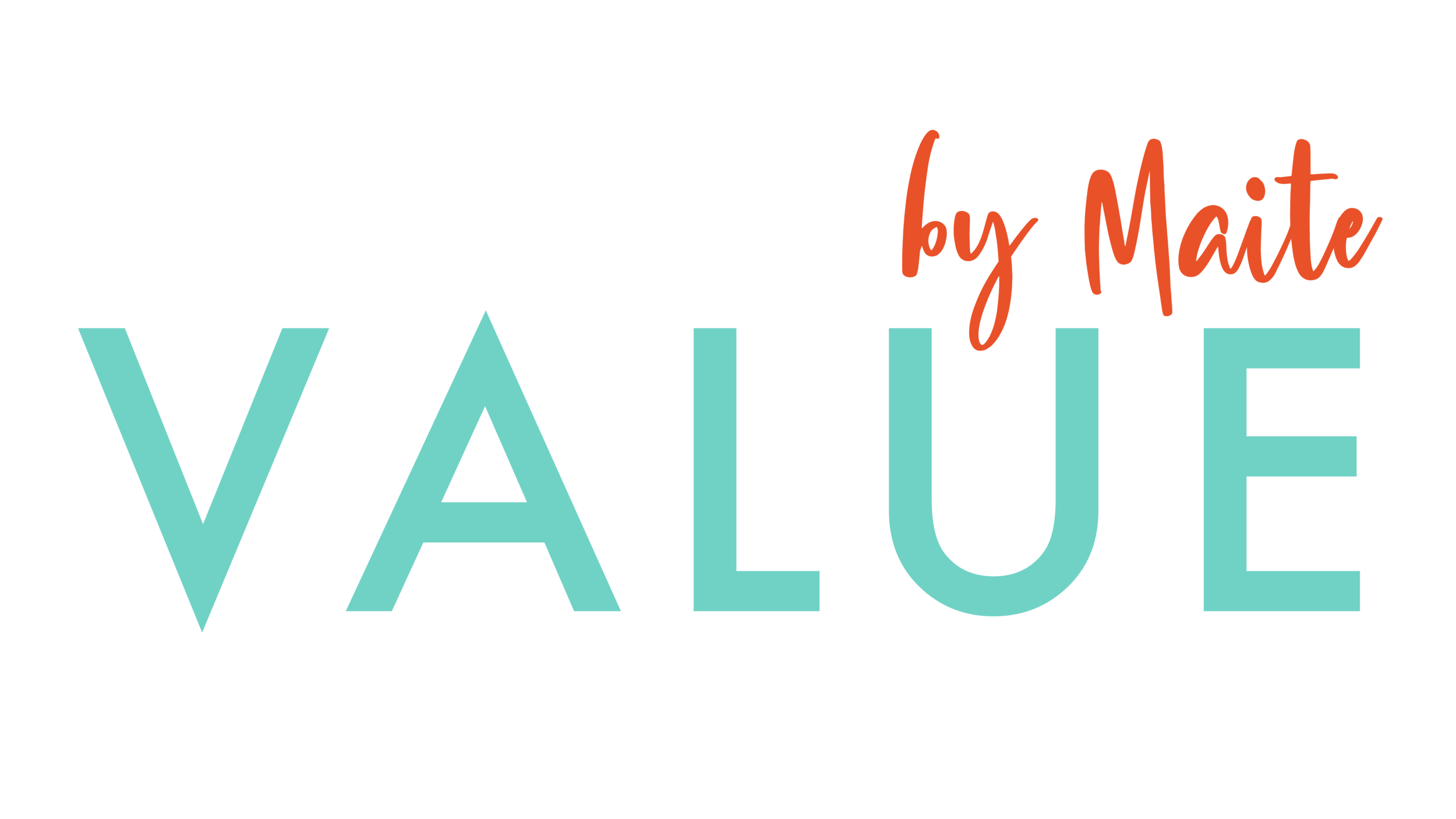How to find your business purpose through IKIGAI?
Millennial entrepreneurs and conscious leaders are concerned about how to give back to society and know that it is actually through social and environmental corporate strategies that their businesses thrive. They want to leave their footprints behind and to, somehow, make a positive impact on society and the environment. As new start-ups are trying to address societal problems, the concept of IKIGAI is becoming more important than ever before.
IKIGAI is a Japanese concept which we can loosely translate as “reason for being”. The purpose of a company is its soul and guides every single decision the company has to make through its lifespan: hiring, objectives, values, short and long-term business strategy.
Although you may think this doesn’t apply to your small business, think twice. Studies have shown that companies with a strong sense of purpose and values perform better than their peers. Without meaning, your business will inevitably focus solely on metrics and not on the main reason why you started it in the first place. The downfall of that? Easy: your business will become an endless amount of work.
On the contrary, where there is a purpose, people (or yourself if you’re a solopreneur) will be more engaged. This engagement often leads to higher productivity and innovation. If this purpose is larger than the business itself, it is likely that in the long-term, a better reputation and more demand follow.
IKIGAI has four pillars:
Passion - What do we enjoy doing? There is a high chance that if you started your own business, it was doing something you love. If you’re not happy or passionate about your own business, it may be time to rethink it. Without passion (and purpose for that matter), problems can become insurmountable, and it is difficult to work day-after-day on the same issues. So, what you’re genuinely passionate about in your business? What are the things you enjoy more doing?
Vocation - What we can be paid for? This is a tricky one: sometimes we are not likely to get paid for our passions. Yet, there are always ways to monetise our business ideas or knowledge. Find out, what areas, ideas, or skills can you monetise?
Profession - What we are good at and/or can excel in? It’s best to focus on the things you can do well and make them even better. Doing this is how you manage to set yourself apart from others. With deliberate practice, you can become a leader in your field. That doesn’t mean you cannot excel on something you’re not yet good at. It only means your strengths, when linked to passion and vocation, can get the best of you.
Mission - Which is the impact we wish to make or what is that which the world needs? We are all impacted by what’s going on around us. At some point, we’ve all sought to address the world’s problems (even if it was in a conversation over drinks). Yet, it is essential to find out what moves us and why. Maybe we’re concerned about the increasing pollution and how it’s affecting our health? Perhaps we’re worried that business like ours are closing down due to COVID-19? When we find our personal and corporate mission, we become “entrepreneurs on a mission”, and we can trigger change consciously even from behind our computer screens.
When we look at these four IKIGAI components together, we start visualising a compass for any organisation to begin their transformation journey into purpose-driven sustainable businesses. Focusing on our own IKIGAI will help us find our purpose and create meaningful ventures that succeed in addressing societal problems.
So, the question is, are you ready to start working on your own IKIGAI?
